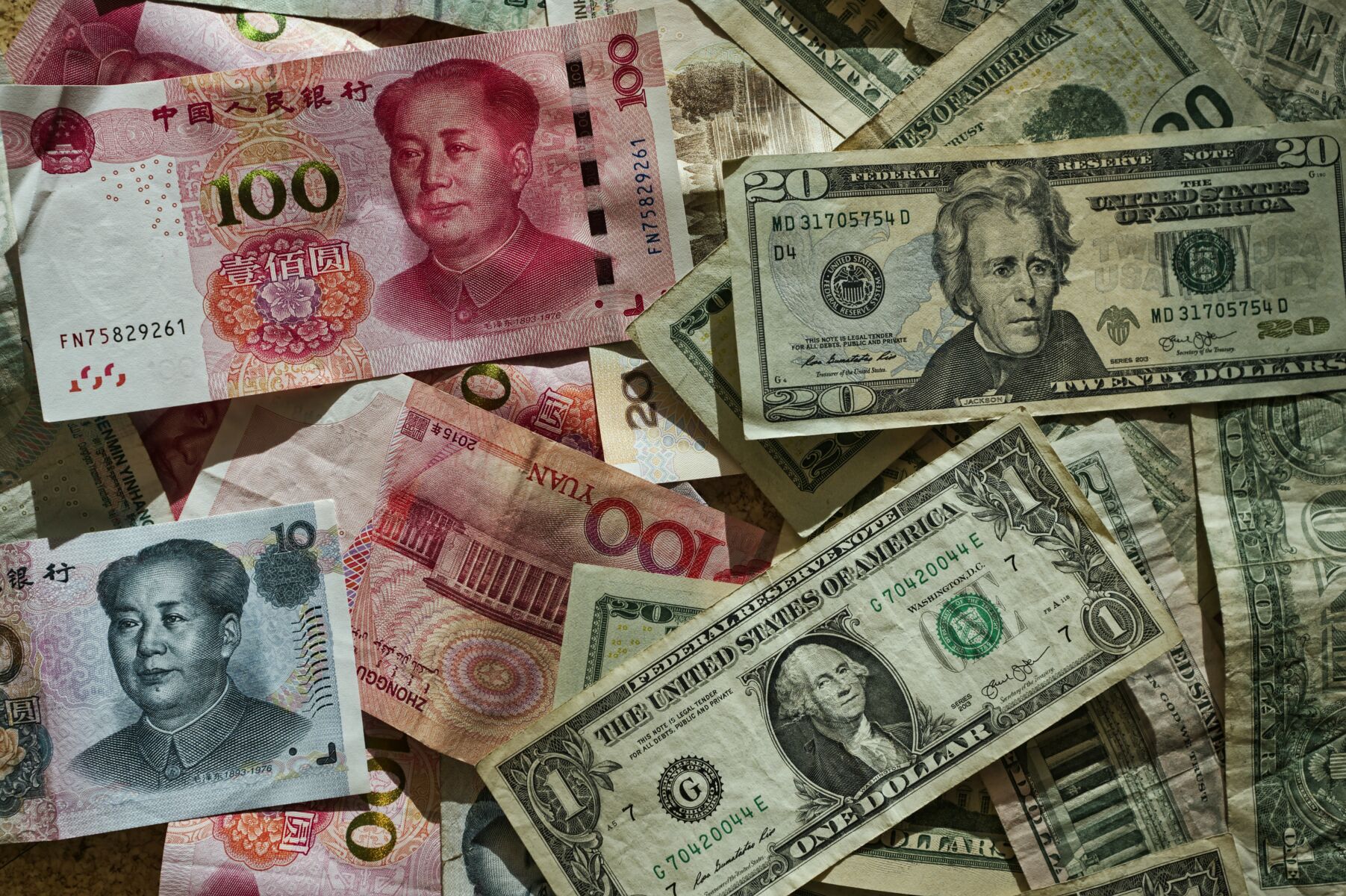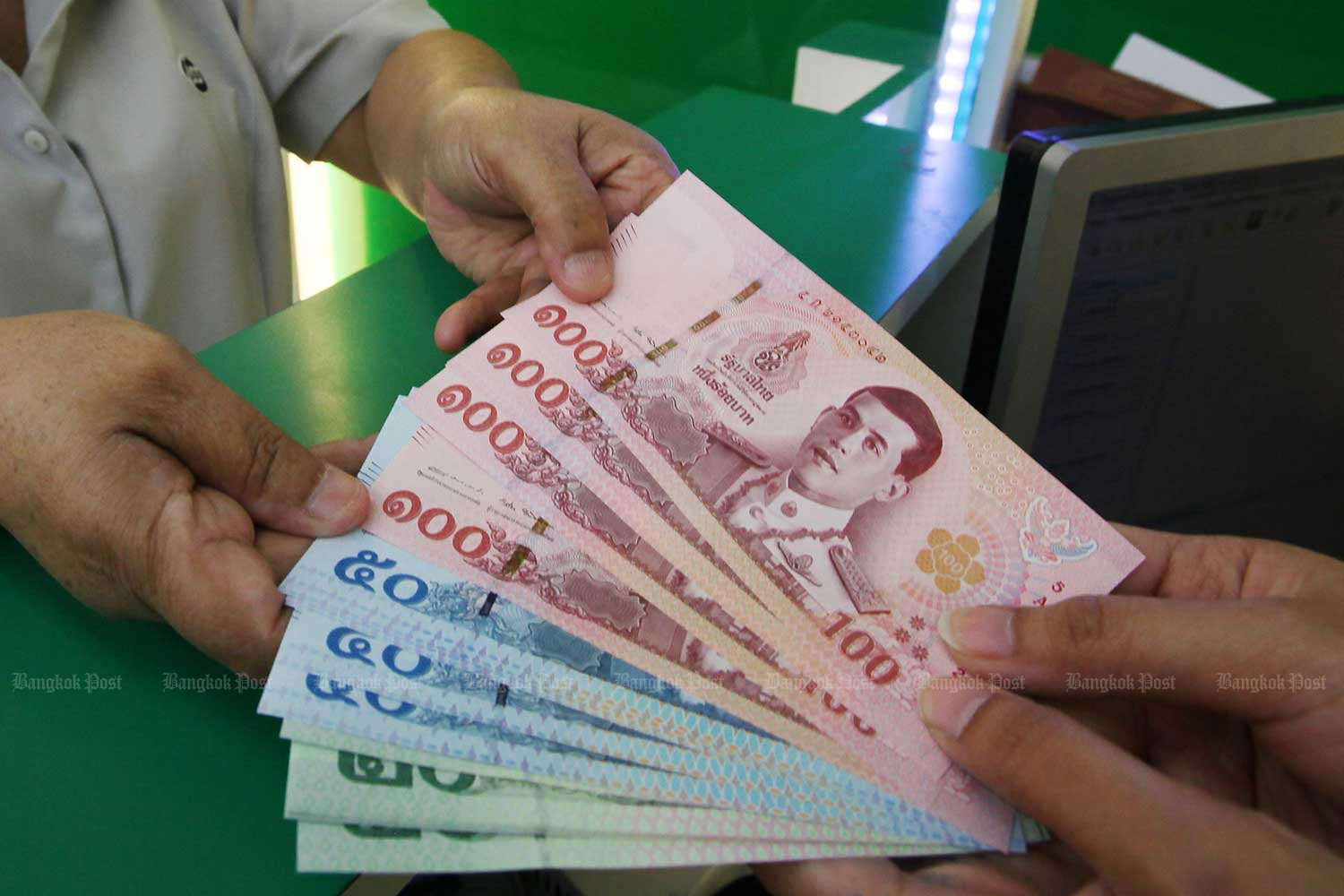(CTN News) – In light of recent swings in the value of the US dollar compared to other major world currencies, authorities are considering lifting limitations on the use of the yuan in commerce involving the yuan and the baht.
Bank of Thailand and People’s Bank of China Sign Yuan-Baht Currency Swap Arrangement
The Bank of Thailand is working hard to build frameworks for local currency settlements with other Asian and ASEAN central banks. Through this program, we hope to increase direct investments and promote the use of local currencies in bilateral trade settlements.
The governor of the Bank of Thailand, Sethaput Suthiwartnarueput, has stated that the bank promotes the use of the Chinese yuan, the Japanese yen, the Malaysian ringgit, and the Indonesian rupiah in local currency settlements to boost trade, investment, and tourism between Thailand and these countries.
The yuan-baht Bilateral Currency Swap Arrangement (BSA) was signed in December 2011 between the Bank of Thailand and the People’s Bank of China (PBOC) with the goals of facilitating trade and investment in local currencies, enhancing bilateral financial cooperation, and bolstering private sector confidence in using local currencies for cross-border operations.
The BSA was extended for another five years beginning in December 2020, allowing for the exchange of local currencies totaling up to 70 billion yuan (or 370 billion baht).
Chinese Tourists Expected to Contribute to Thailand’s Economic Recovery
The Bank of Thailand is expected to loosen restrictions on yuan usage for trade, investment, and tourism activity this year to help mitigate the effects of currency volatility, as stated by the central bank’s deputy governor for monetary stability, Mathee Supapongse.
Despite efforts to promote local currency settlement, the Bank of Thailand has been looking into hurdles to yuan-baht transactions, such as regulatory restrictions.
The Bank of Thailand, in conjunction with three Thai commercial banks, has compiled a description of the rules and regulations governing yuan cross-border settlement on its website under the heading “RMB Transaction.”
In 2009, China initiated a global campaign to internationalize the yuan, promoting the currency globally. To provide businesses with more options for trade payments, several Thai commercial banks have begun to provide customers with yuan-denominated financial goods and services, such as yuan deposit accounts and letters of credit.
China-Thailand Trade Value Increases, Yuan Transactions Remain Low
The revival of Thailand’s economy has been driven mostly by the tourism industry, and it is anticipated that China will continue to play a big role in that industry. The number of Chinese visitors is expected to skyrocket in the second half of 2018.
In 2017, commerce between China and Thailand reached US$105 billion, or 17.9 percent of Thailand’s overall trade value.
As reported by the Bangkok Post, the proportion of international trade transactions involving the yuan remains low at 2.26 percent, behind the dollar, the euro, the pound, and the yen in that order.
Related CTN News:
Imran Khan’s Corruption Case: Clashes and Disruptions as Supporters March to Islamabad





